Censorship under tsarism
Censorship in cinema arose in Russia, as in other countries, at the end of the 19th century, simultaneously with the advent of cinema. The requirements for films were ubiquitous, but they differed so much from one country to another and even from one region to another that what was permitted in territory A was sometimes forbidden in territory B, and vice versa. The unpredictability of the reaction of the censors gave the distributors so much inconvenience that Moscow entrepreneurs turned to the mayor with a request to appoint one official who would review all receipts and supply each released picture with a rental certificate with his own number. The introduction of a unified censorship was also supported by the first congress of Russian filmmakers in 1911, with which the central government readily agreed due to the fact that Emperor Nicholas II generally considered cinema to be empty entertainment, especially harmful to young people.
Nicholas II considered cinema to be empty entertainment, especially harmful to young people.
However, territorial censorship differences persisted in Russia and the USSR for another two-thirds of the 20th century, and sometime in the mid-1970s, a not-unfounded joke was born that censorship tightened inversely with the square of the distance from the capital, so that a five-minute sexual a scene at a session at the Moscow Cinema House turns into a fleeting touch in a copy that is being rolled in Kamchatka.
Volunteer censors also appeared in the early 1900s, the forerunners of today's "moral fighters" like Milonov and Poklonskaya. In 1909, a member of the Tsarist Duma, a member of the Black Hundreds, Vladimir Purishkevich, considered that the film The Wandering Soul offended the feelings of believers, and achieved its ban, and the monarchist party of Astrakhan, appealing to the Duma, prevented the film adaptation of Leonid Andreev’s play Anatema, which they called “a sermon of immorality” and blasphemy."
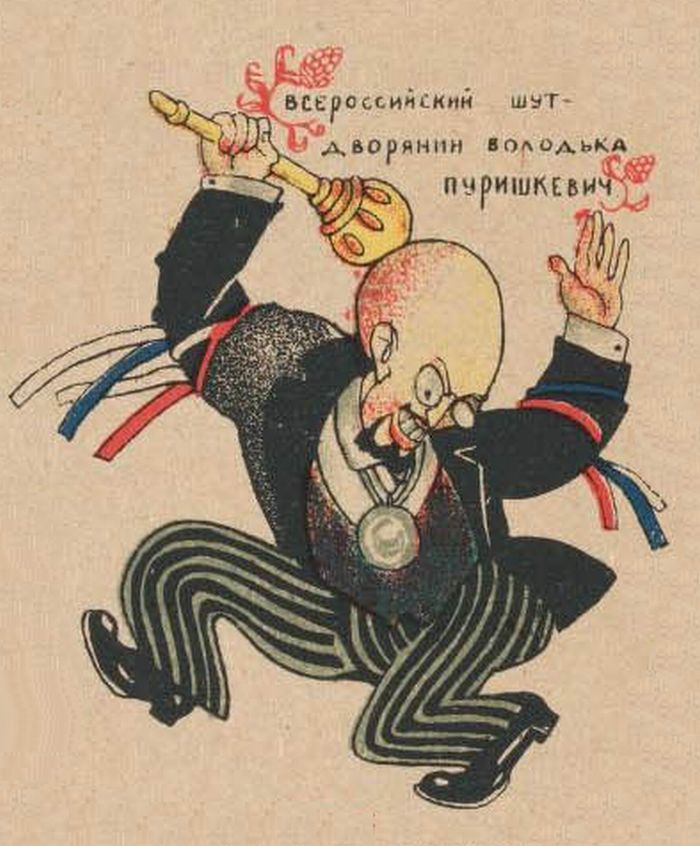
At the same time, ways of passing through censorship were found. The well-known filmmaker Drankov advised the novice director, who was about to transfer Chekhov's humorous stories to the screen, change their titles and substitute another author's name. Even more reliable, apparently, was another method: when the film was delivered, when the lights went out in the hall, a golden cigarette case was placed on the censor's table, he put it in his pocket and issued a rental certificate.
After the revolution of 1905 and the tsarist manifesto, which proclaimed a number of freedoms, censorship subsided for a short time, resurrecting in 1911: on the eve of the 50th anniversary of the abolition of serfdom, completely harmless films “On the eve of the manifesto on February 19, 1861” and “Autumn yourself as a godfather” were banned a sign, the Orthodox Russian people.
The next tightening of censorship occurred with the outbreak of the First World War – in particular, German and Austrian films were expelled from the screens, but to reduce losses, distributors sometimes showed them under the guise of pictures from allied countries. In addition, in the first months of the war, censorship began to prohibit chronicles filmed at the front, but already in 1915 the spy mania subsided somewhat, and front-line footage began to hit the screens.
The next tightening of censorship occurred with the outbreak of the First World War
In the same year, "The main instructions for inspectors when viewing cinematographic tapes" appeared with a list of taboo topics. It was forbidden to depict political processions and gatherings (except for the ancient ones), murders, suicides by hanging, assassination attempts, executions, torture, corpses and coffins. It was allowed to portray courtship, declarations of love and kisses, but in such a way that these scenes did not contain “any signs of depravity”, while the female body was allowed to be shown no further than 4 inches above the knees and no lower than the 8th rib, and behind – from crown to waist. But since "perversion" was not a measurable quantity, there were no criteria for its definition, and the fate of the picture depended entirely on the degree of hypocrisy of the overseer.
Censorship under communism
Tsarist censorship collapsed along with the monarchy in March 1917. The first document on Soviet censorship in cinema was published on February 15, 1918 by the Presidium of the Moscow Soviet. All "electrotheaters" were obliged to submit to the Film Committee of the People's Commissariat for Education of the RSFSR two copies of posters, posters and librettos of the paintings that they intended to show. The task of the censor board was to identify harmful films and compile a list of those that were allowed to be shown. In general, the new government inherited the old system of prohibitions and permits, adding to it ideological, informing and punitive functions.
The new government inherited the old system of prohibitions and permits
The board's protocols were the characteristics of films viewed with sentences of "permit", "permit with a change of name", "permit with exception" or "prohibit". There was no general regulatory document: the censors were guided by their own ideas about what should and what should not be shown. Numerous signs for which films were subjected to execution were covered with vague concepts of “counter-revolutionary” = “anti-Soviet” = “bourgeois” = “ideologically / politically unacceptable”, under which, if desired, any film could be summed up. This position suited all subsequent political regimes and has survived to this day.
"Permission with withdrawal", that is, the introduction of amendments and re-editing, spoiled countless films and exhausted the nerves of many Soviet directors. In 1919, Cecil deMille's Male and Female, a film about a high society woman and her servant, was executed, the story of which was turned into the story of a proletarian revolution on a single island. Eisenstein turned out to be among those who liked to correct bourgeois cinema, not without pride, telling how cleverly he cut out a frame from a French film where Danton spits in the face of Robespierre, which made it seem as if the leader of the Jacobins was wiping not a spit, but tears of regret for the loss of a friend whom he reluctantly sent to the guillotine. And in 1937, Eisenstein himself suffered from censorship, whose film "Bezhin Meadow" about the famous pioneer Pavlik Morozov was rejected due to "overcomplicated language", "anti-artistic" and "political failure", for which the director had to write a penitential article "Mistakes" Bezhina Meadow".
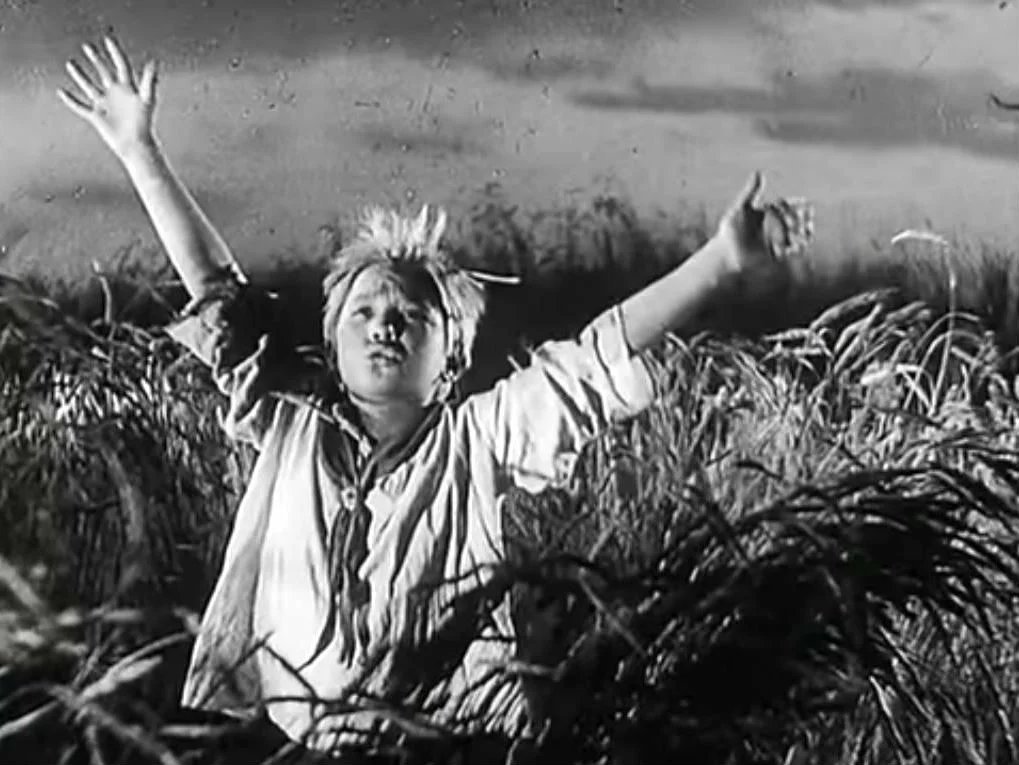
In 1940, one of the authors of the film The Law of Life was treated much harsher: an anonymous reviewer of Pravda condemned the picture for incorrectly showing Komsomol members. The case came to the Politburo of the Central Committee, the screenwriter Alexander Avdeenko was appointed guilty, who, along with his family, was evicted from the apartment and expelled from the party and the Writers' Union. In 1946, Stalin scolded the second series of "Ivan the Terrible" for the fact that Eisenstein "presented the progressive army of guardsmen of Ivan the Terrible in the form of a gang of degenerates," but he did not touch the author, who managed to become a laureate of the Stalin Prize.
In 1963, Khrushchev attacked Marlen Khutsiev's film Zastava Ilyich, which touched upon the conflict between fathers and children, which, in the opinion of the first secretary of the Communist Party, did not exist and could not exist in a socialist society, although the very reaction to the film proved the existence of this conflict. In 1966, after a discussion in the Union of Cinematographers, Alov and Naumov banned the adaptation of Dostoevsky's story "A Bad Anecdote" as "defaming the historical past of the nation." In 1967 – "Commissioner" by Alexander Askoldov for a positive image of a Jew, and the director was excommunicated from the cinema as a punishment. In 1968, the farce of Gennady Poloka "Intervention", which was seen as a vulgarization of the revolution and an excessive number of Jews for the Soviet screen.
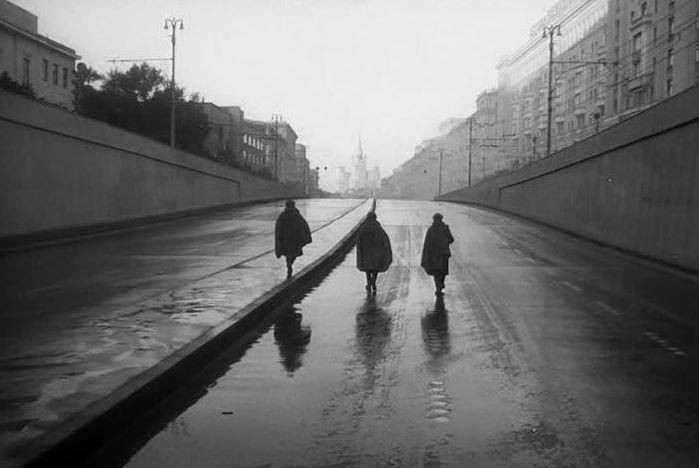
In 1979, the same fate befell Vitaly Melnikov's "Vacation in September", whose hero was "an extra person", the existence and demonstration of which were ideologically unacceptable. At the same time, Gleb Panfilov’s “Theme” came under the ban, in which not only was there a character who was about to leave the USSR because of hatred for the Soviet way of life, but also a written-out playwright was chosen as the main character, experiencing a mental crisis, which also should not was to be with a Soviet person. In total, more than 200 films were banned or restricted at the box office. They were rehabilitated by the conflict commission of the Union of Cinematographers, created after the Congress of Cinematographers in May 1986. This perestroika forum actually abolished film censorship (it was legally prohibited by the “Yeltsin” Constitution of 2003), and in the next 20 years, in order to receive a license, it was enough for a distributor to register a film with Goskino, submitting title documents.
Censorship under Putinism
A warning bell from the Soviet past sounded in 2006, when the new Purishkevich, State Duma deputy from the Liberal Democratic Party Nikolai Kuryanovich, publicly appealed to the then chairman of the Goskino Mikhail Shvydkoy with a demand to ban Alexander Atanesyan's film "Bastards" about graduates of a Soviet special school that trained young saboteurs, as inconsistent with history Russia, and proposed the creation of a special commission under the Ministry of Culture to verify the historical authenticity of films released on the screen. The film was nevertheless released, but when the pseudo-historian Vladimir Medinsky was appointed Minister of Culture in 2012, the notification procedure for issuing PU turned into a permissive one, and the cinematography department, categorically denying this in words, again became the general Russian film censor.
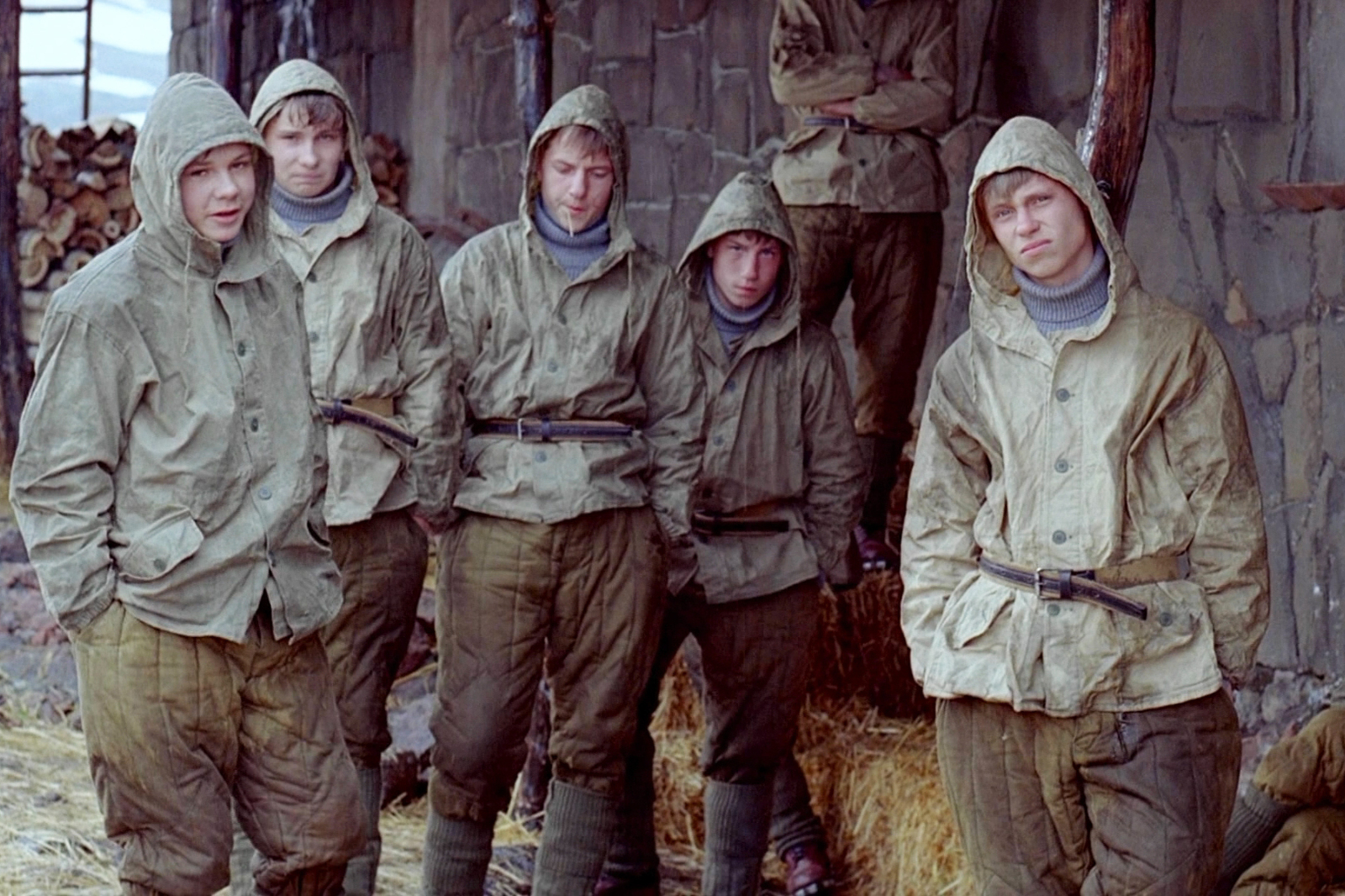
The film “Clip” by Maya Milosz, awarded the Rotterdam Film Festival award, was the first to be banned – Ministry of Culture officials decided that this film about schoolchildren was unacceptably a lot of sex, including, oh horror, oral. In 2013, a scandal broke out caused by the refusal of the Ministry of Culture to support the production of Alexander Mindadze's film "Dear Hans, Dear Peter" about the pre-war cooperation between German and Soviet engineers. As it turned out, the expert commission of filmmakers approved the project, two others, including the military-historical one, were rejected under the standard pretext of inconsistency with the “historical truth”, and the minister who had the last word decided that it was better to overdo it than not do it. Indignant at bureaucratic arbitrariness, filmmakers raised a fuss, and this time the Ministry of Culture had to give in. On the other hand, Hussein Erkenov’s film “Ordered to Forget” (2006), about the burning of many people by the NKVD in the village of Khaibakh during the deportation of Chechens and Ingush from the Caucasus to Siberia and Central Asia in 1944, was denied distribution on the grounds that he falsifies history and incites ethnic hatred, although the real reason for the ban was that the picture did not show the Chekists in the light in which they would like to see themselves.
In the same 2014, Medinsky withdrew state support from the best Russian documentary film show Artdocfest, and in advance – any future projects of its organizer, director Vitaly Mansky, who condemned the annexation of Crimea.
In 2015, Gaspard Noe's "Love" was not released – again, as in the case of "Clip", under the pretext of having "materials of a pornographic nature."
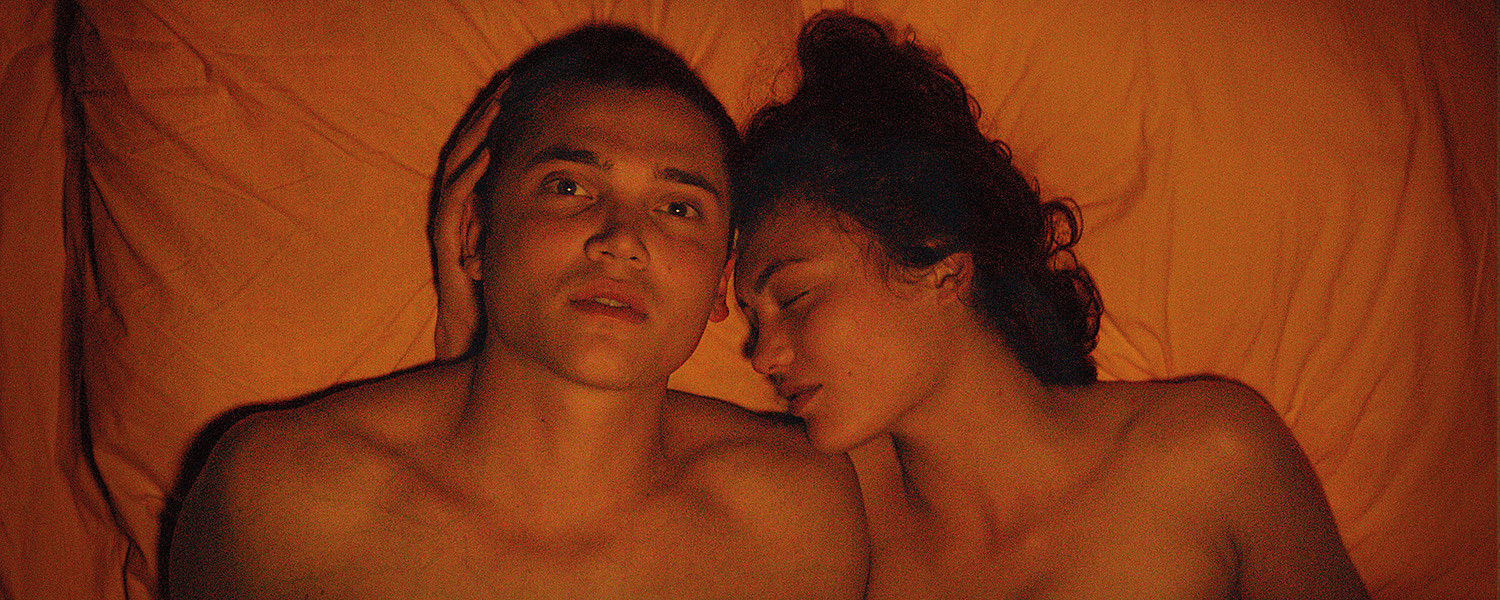
This was followed by the rejection of the PU satirical comedy by Armando Ianucci “The Death of Stalin” (2018), and this time the role of Purishkevich was taken over by Pavel Pozhigailo, a member of the expert/censorship council under the Ministry of Culture, who called the picture a “planned provocation”. He was supported by representatives of the Communist Party of the Russian Federation, who saw in it an attempt to discredit Comrade Stalin and his entourage, as well as a number of filmmakers (Nikita Mikhalkov, Vladimir Bortko, Sergei Miroshnichenko and Alexander Galibin), who regarded "The Death of Stalin" as "a libel on the history of Russia and an insult to war veterans" .
Wartime censorship
The next tightening of censorship occurred after last year's February invasion of Russian troops into Ukraine. In order to legalize the arbitrariness of overseers, at the end of December 2022, amendments were made to the rules for issuing PP, according to which the Ministry of Culture "has the right to involve an expert council in order to conduct an additional assessment of the content of the film for the presence of materials containing information, the distribution of which is prohibited by the legislation of the Russian Federation." Namely, “if the film contains information about the methods, methods for the development and manufacture of narcotic drugs, psychotropic substances or their precursors, materials promoting pornography, violence and cruelty, materials promoting non-traditional sexual relations and (or) preferences, pedophilia, sex change” . How propaganda differs from a show, of course, was not specified, which gave censorship unlimited opportunities to refuse Russian distribution.
Having received such state support, film censorship began to act almost silently, without explaining why the films that had been finished, shown at festivals and planned for distribution in Russia did not appear on the wide screen, as a result of which all kinds of guesses began to be born about what sedition they found in them.
The first "absenteeism", which drew attention, was the film "Empire V" by Viktor Ginzburg, a film adaptation of the novel of the same name by Viktor Pelevin. The Volga company arranged a press show, the picture was supposed to come out in a week, but it didn’t. Volga declined to comment, and a rumor immediately arose that the reason for the non-release was that the famous rapper Oksimiron, who starred in the film, condemned Russia's actions in Ukraine. Another suggestion was made by Vladimir Dolinsky, the leading actor, who believes that the ban may be related to the phrase of his hero about Ukraine, and the third one was the blogger, who noticed that Empire presents the state elite as a class of parasites, which the Ministry of Culture did not like.
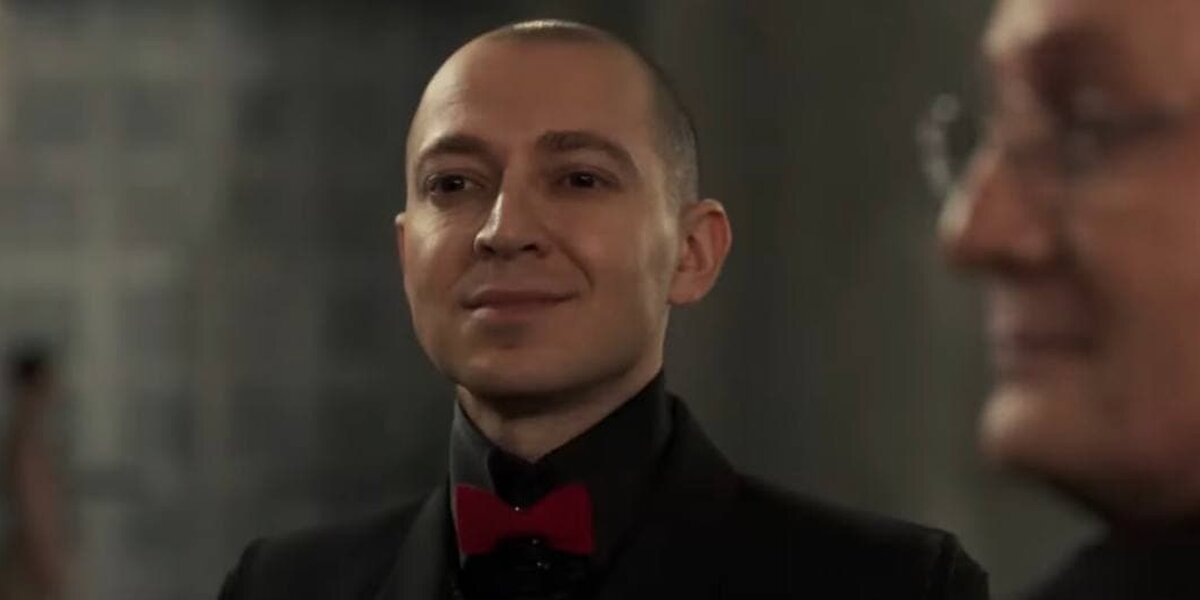
Then Natalia Merkulova and Aleksey Chupov’s film “Captain Volkonogov Fled”, which was awarded the Film Critics and Film Press Award for 2021, did not appear at the box office, but everything is simple here – after the ban on Ianucci’s film, it became clear that anti-Stalinist films were undesirable for power circles.
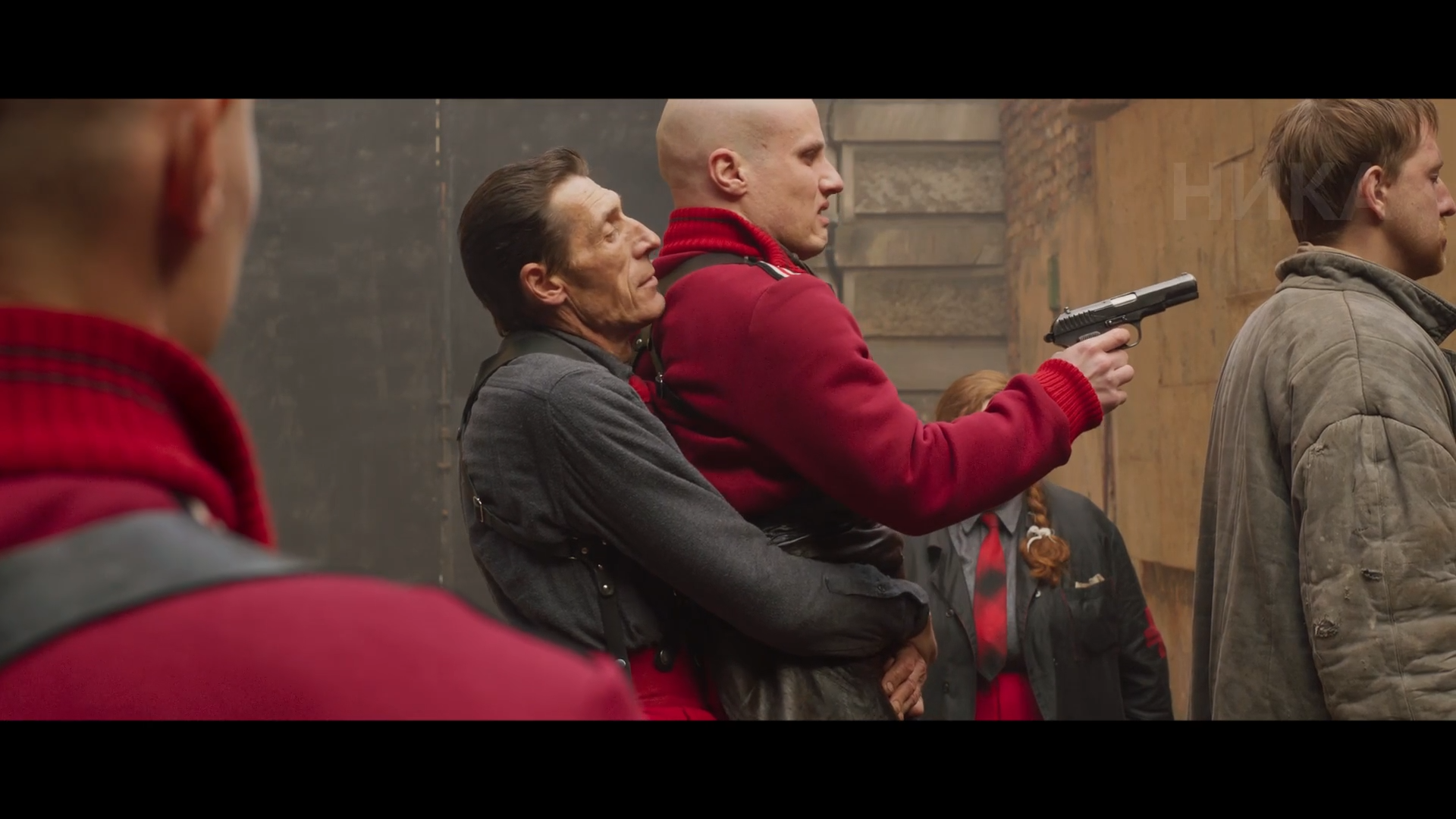
It is unlikely that Tchaikovsky's Wife by Kirill Serebrennikov and The Tale by Alexander Sokurov, created without the participation of the state, will also appear on Russian screens. The first – because its director was put on trial, expelled from the Gogol Center, which he glorified with his performances, and became persona non grata in Russia, and the second, which was released in many countries of the world, – due to the fact that Stalin shown in it on a par with Hitler and Mussolini. Realizing this from the very beginning of work on the picture, Sokurov did not apply to the Ministry of Culture either for support in production or for a rental certificate.
A separate plot developed around the Yakut film "Nuuchcha", staged by Vladimir Munkuev based on the story of the Polish writer Vaclav Seroshevsky exiled to Yakutia "Hailak", in which a Russian convict destroys a local family. The picture was awarded at the Kinotavr and at the Karlovy Vary festival, received a PU, but provoked a rebuff from the Yakut "social activists" who did not see it, but accused it of Russophobia and a provocative desire to sow enmity between Russians and Yakuts. The Ministry of Culture seemed to take a breath of water, but the producers of the film interpreted this silent sign in such a way that they postponed the rental for an indefinite period.
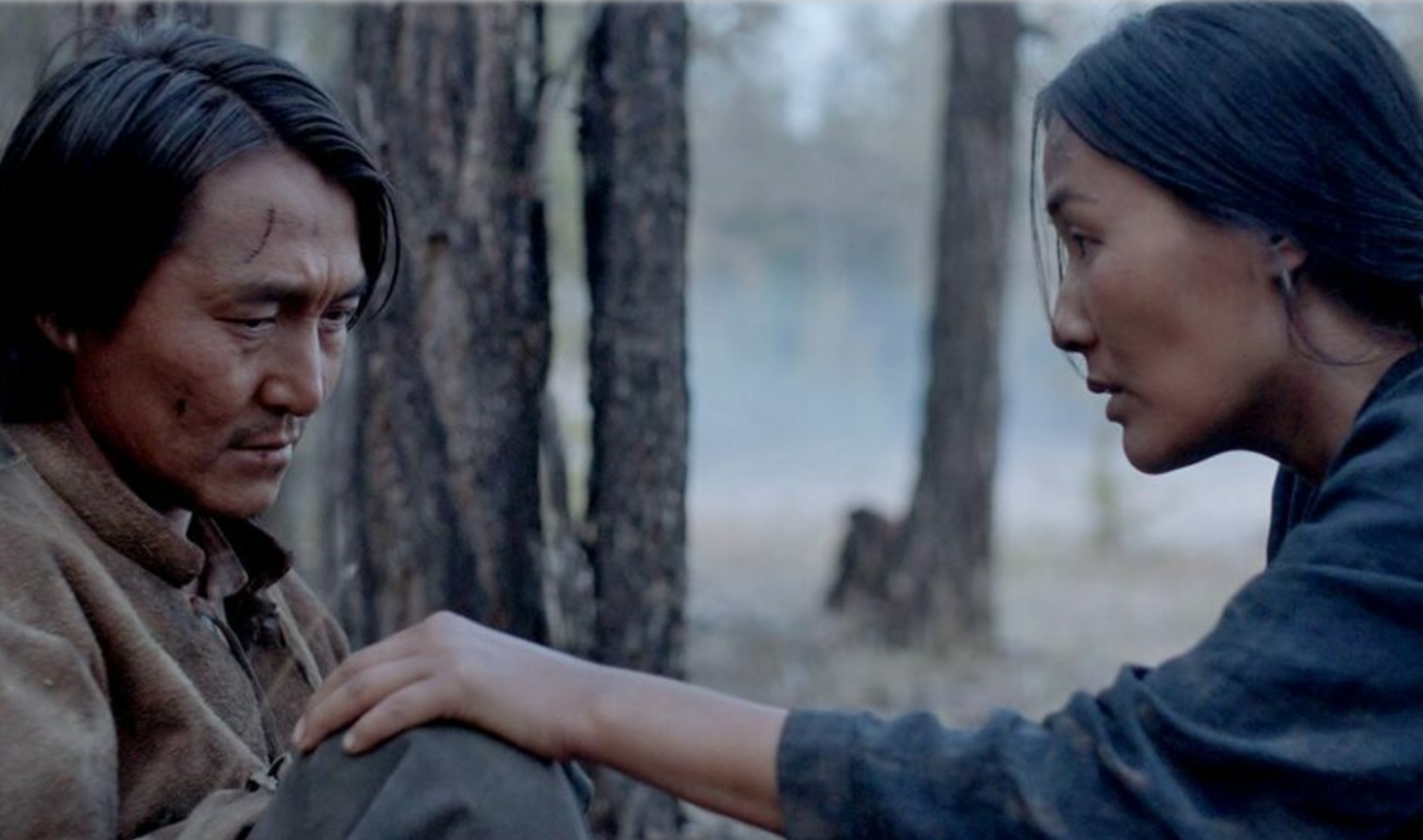
An even wilder situation arose with the documentary film "Hunger" by Tatyana Sorokina and Alexander Arkhangelsky about the massive famine in the USSR after the Civil War and American assistance to the hungry. He was issued a rental certificate on September 28, 2022, the first screening took place on October 30, and already on November 1, the PU was withdrawn with reference to "information shocking the audience" and "numerous complaints about this picture received by the Russian Ministry of Culture from citizens." Although “shocking information” is not among the approved reasons for the refusal to issue a PD, viewers obviously could not write “numerous” complaints in a day, and officials could read them. Most likely, a call came from above, and officials were told that the release of a film in which Russia's enemy helps her cope with a food disaster is completely inappropriate.
Further, in March of this year, the PU issued in 2021 was withdrawn from the Russian-Finnish film “Compartment No. 6” by Juho Kuosmanen, which harvested festival awards and successfully swept across the country. The initiator of the recall was a certain group "Civil Society", who wrote a statement to the police and Roskomnadzor, in which they accused "Kupe" of promoting non-traditional sexual relations. And in May, Ali Abbasi's Iranian film The Holy Spider Killer, about a maniac who killed Iranian prostitutes, was stripped of his credentials.
Proficinema magazine and other sources name a number of more or less infringed films – both foreign and domestic: “Temptation” by Paul Verhoeven, “Close” by Lucas Dont, “Master” by Yuri Bykov, “Patient number 1” by Rezo Gigineishvili, “ Бансу» Павла Костомарова, «Подвиг» Алексея Смирнова с опальной Чулпан Хаматовой в главной роли, «Декабрь» Клима Шипенко, «Просточеловек» Яны Климовой-Юсуповой с той же Хаматовой и тоже высказывавшимся против СВО Филиппом Авдеевым в главной роли, «Один маленький ночной секрет» Натальи Мещаниновой, «Еврей» Дмитрия Фикса с иноагентом Артуром Смольяниновым, «Каникулы» режиссера Анны Кузнецовой, «Мы» Гамлета Дульяна по роману Евгения Замятина, «Всё нормально» — кинорежиссерский дебют уехавшего из России известного театрального режиссера Дмитрия Крымова.
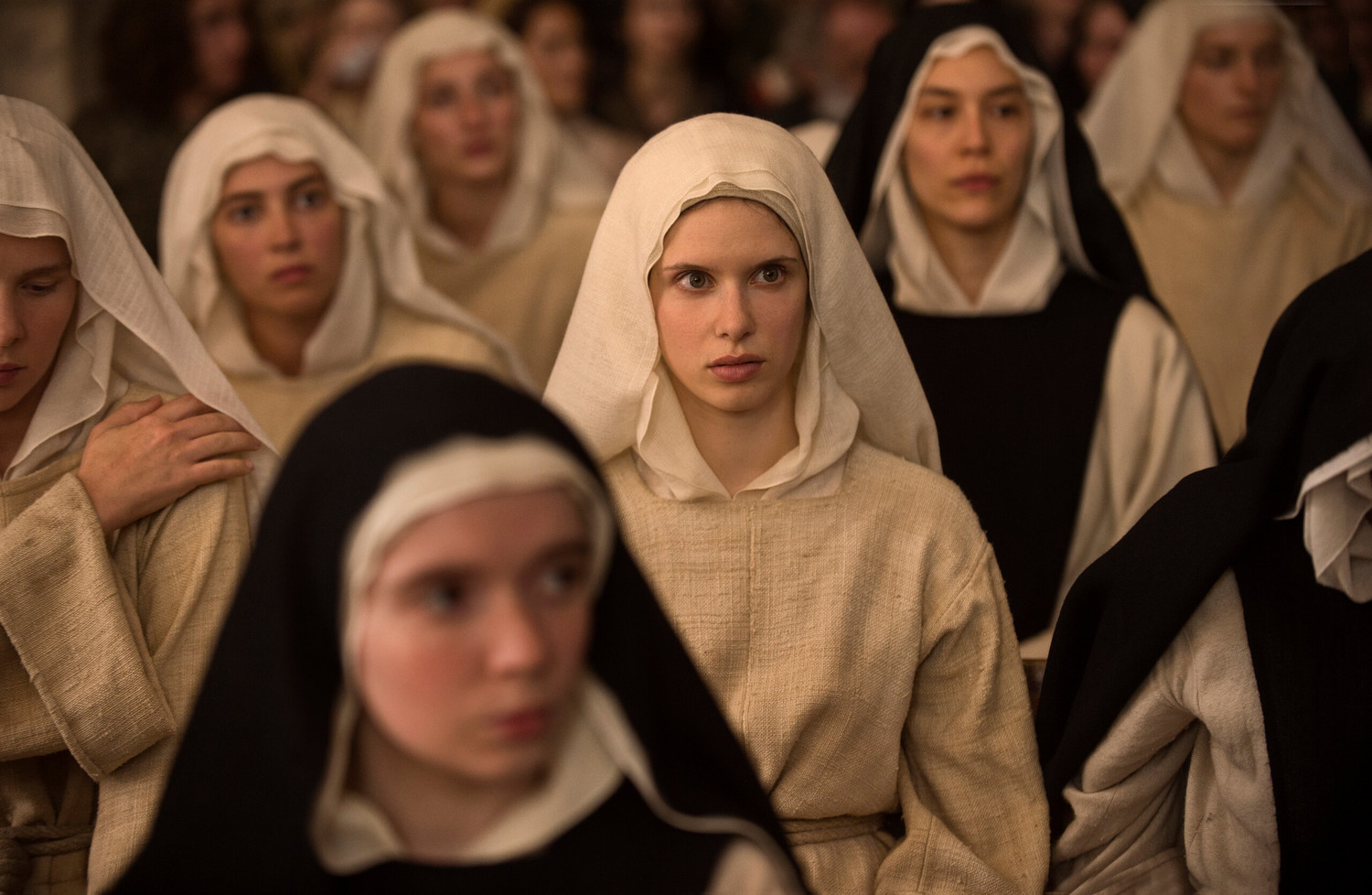
Вся эта волна запретов и ограничений происходит именно тогда, когда в стране из-за ухода крупнейших голливудских кинокомпаний образовался огромный дефицит фильмов, кинотеатры простаивают или пустуют, а работающие в кино люди несут убытки.
О том, что прокатные удостоверения, ставшие инструментом конституционно запрещенной цензуры, необходимо отменить, в кинематографической среде говорится с 2012 года. В 2018 году КиноСоюз, возмутившийся действиями Минкульта по отношению к «Смерти Сталина», даже намеревался подать против него иск, но не решился. Тем более не отважатся на такой поступок производители, прокатчики и показчики — для них это как судиться со своей кормилицей.


